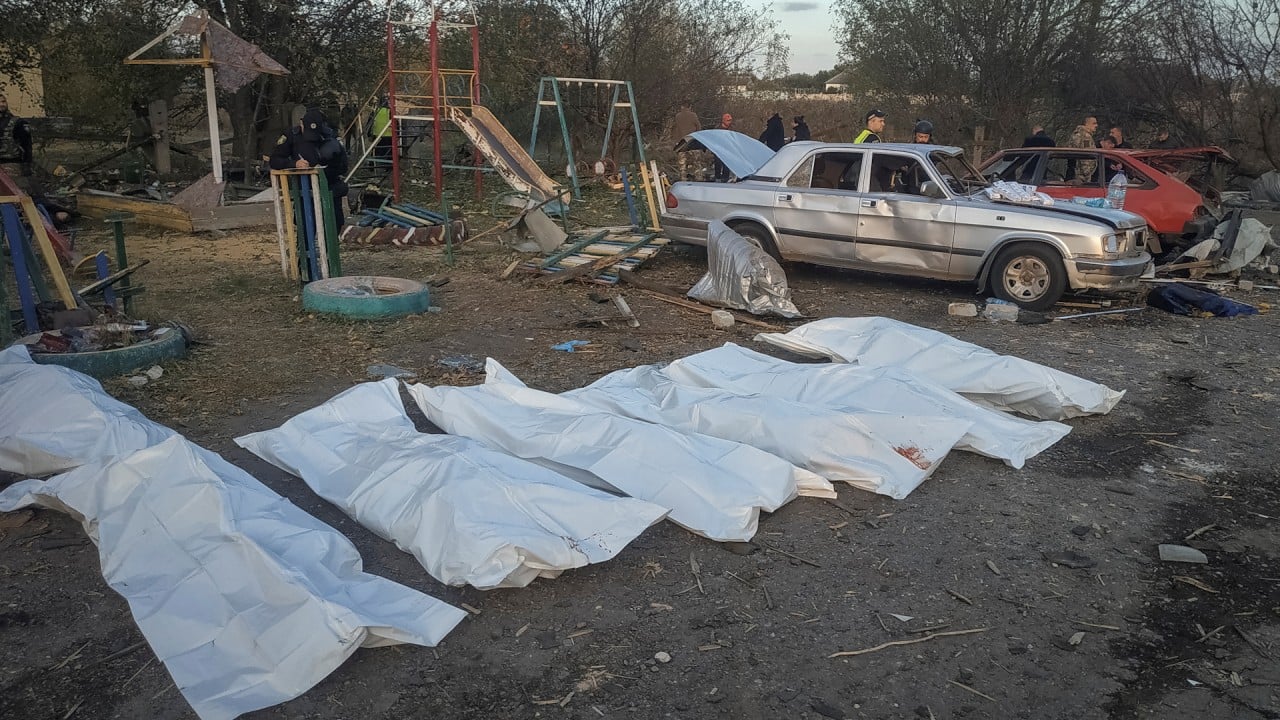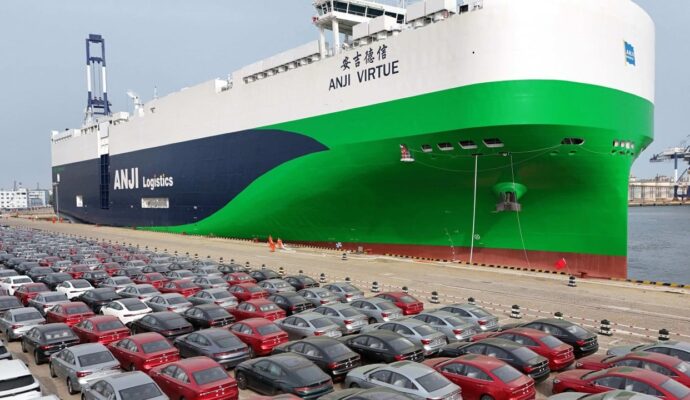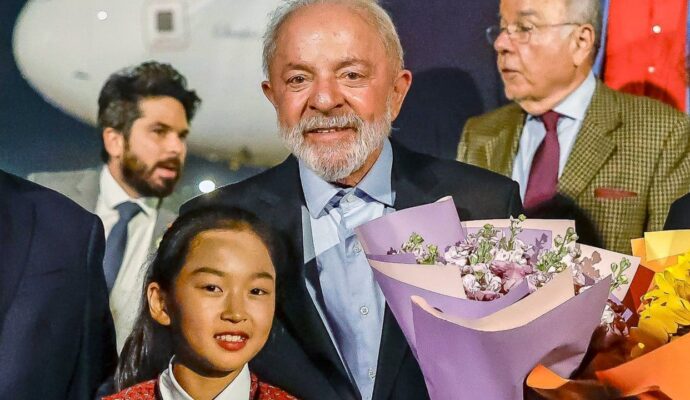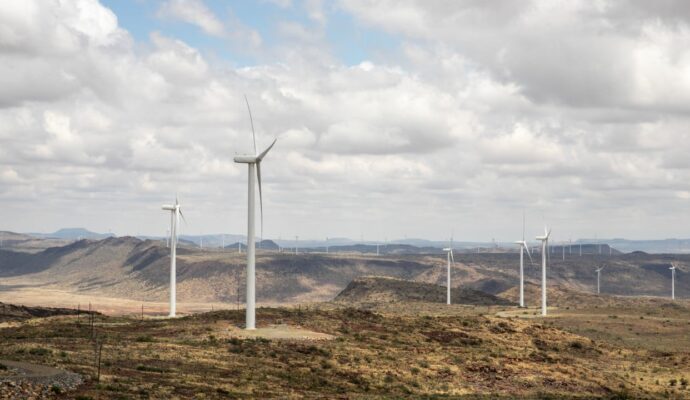“In a friendly and constructive atmosphere, pressing issues of regional and global security and current areas of military cooperation are discussed here,” Shoigu said.
“The heads of our states expressed their commitment to the full development of the Russian-Chinese comprehensive partnership and strategic interaction, including in the military and military-technical fields.”
China and Russia hold missile defence talks: Moscow
China and Russia hold missile defence talks: Moscow
Chinese President Xi Jinping and his Russian counterpart Vladimir Putin met on the sidelines of the Belt and Road Forum, where they pledged to “to boost the development and revitalisation of the two countries”.
Shoigu has not elaborated on the details of military cooperation agreements between Xi and Putin, which have provoked concerns from Washington and its Western allies since Russia began its invasion of Ukraine last year.
Shoigu, who arrived in Beijing on Monday, led the Russian delegation to the Xiangshan Forum and was the first speaker at the plenary session on the topic “Major Countries’ Responsibility and Global Security Cooperation”.
Regarding the war in Ukraine, the Russian defence minister said that over 90,000 Ukrainian soldiers had died on the battlefield.
He also said Nato’s expansion had inflicted a “strategic defeat” against Russia, forcing Moscow to take countermeasures.
“Disregarding Russia’s legitimate rights to ensure its security, the White House persistently pursued the expansion of the Nato bloc it controls to the east. These aggressive steps forced us to take countermeasures,” Shoigu said. “Ukraine was cynically chosen as a battering ram.”
Shoigu said the West was seeking to spread the conflict in Europe to the Asia-Pacific, referring to Nato and Washington’s recent cooperation with Japan, South Korea and Australia.
He stressed that “direct involvement in the confrontation between states with nuclear arsenals multiplies strategic risks”.
“The Western line of steady escalation of the conflict with Russia carries the threat of a direct military clash between nuclear powers, which is fraught with catastrophic consequences,” Shoigu said.
Shoigu speculated that Washington’s exchange of information on missile launches with South Korea and Japan would be used in the interests of the US military stationed in the Asia-Pacific region to contain China and Russia.
He said Moscow would only use nuclear weapons in response to a nuclear strike by an enemy or a threat to Russia’s existence and denied speculation by the West that Moscow might lower its threshold for the use of nuclear weapons, including by withdrawing from the Comprehensive Nuclear Test Ban Treaty (CTBT).
He added that Moscow was ready for discussions on a post-conflict resolution of the Ukrainian crisis and further coexistence with the West, but insisted that Western countries must revise their policies towards Russia.
“Russia is open to discussing and resolving any security issues if this dialogue is fair, equal and based on mutual respect of the contracting parties,” Shoigu said.
“However, without the West revising its destructive line, which involves inflicting a strategic defeat on Russia, fruitful negotiations in this area are unlikely possible.”



